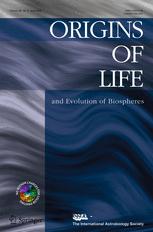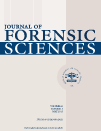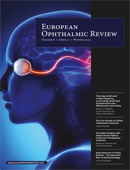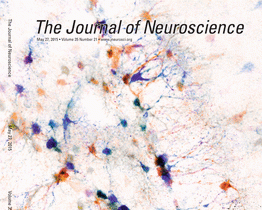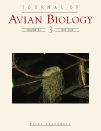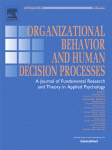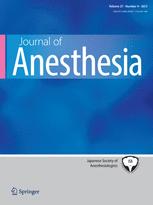 Two papers about the molecular underpinnings of lung damage are being retracted following an investigation at Oita University in Japan, which revealed that images from both papers had been used to depict “different experimental conditions” in a third paper (which has not been retracted).
Two papers about the molecular underpinnings of lung damage are being retracted following an investigation at Oita University in Japan, which revealed that images from both papers had been used to depict “different experimental conditions” in a third paper (which has not been retracted).
It’s not clear which of the authors were the subject of the investigation. The two retracted papers, “Nafamostat mesilate inhibits the expression of HMGB1 in lipopolysaccharide-induced acute lung injury” in the Journal of Anesthesia and “Coexpression of HSP47 Gene and Type I and Type III Collagen Genes in LPS-Induced Pulmonary Fibrosis in Rats” in Lung, both originally published in 2007, share the same first author — Satoshi Hagiwara, whose affiliation is listed as the Department of Brain and Nerve Science, Anesthesiology, Oita University Faculty of Medicine. The papers have been cited 13 times and 12 times, respectively, according to Thomson Scientific’s Web of Knowledge. Hagiwara is also the first author on the third paper that contains the duplicated images.
The first retraction notice reads:
Continue reading “A decision of misconduct was reached”: Two lung papers expire
